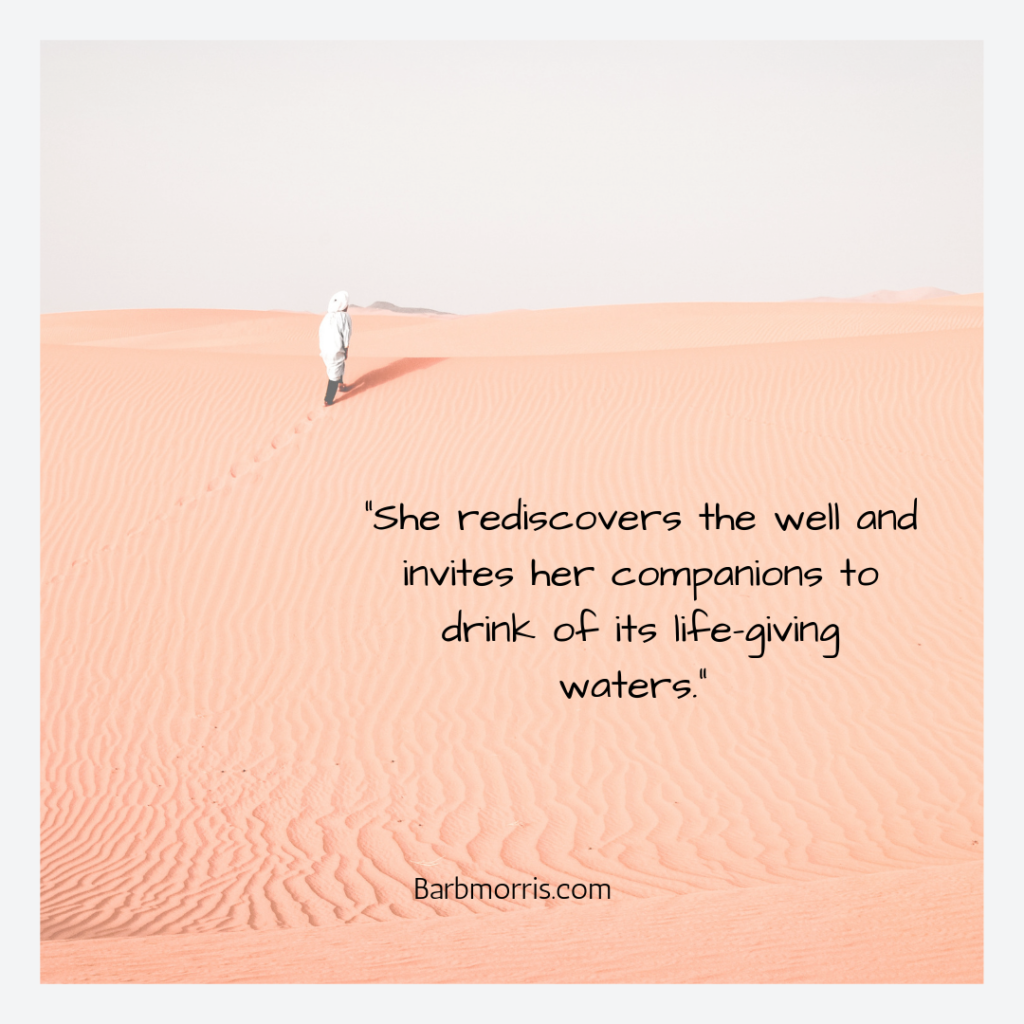
Dear Daughters,
This letter is for you who resist your joy.
You have your reasons. I get that. I really do.
Joy feels dangerous. Joy feels vulnerable. Joy feels disloyal to those who are suffering. And there’s so much suffering, isn’t there?
You must comprehend this truth. I can only heal you, and others through you, when you’re willing to inhabit joy and allow sorrow.
When you resist sorrow, you resist joy. When you resist joy, you flee your body. When you flee your body, you cut off healing.
I heal you and your world through your body. We connect, you and I, through your flesh. This is what Emmanuel – God with us – means. Me being with you is not abstract. It’s the most concrete thing of all. Every one of your cells is holy. Every single one.
Take a deep breath. That’s me.
Feel your heart beating and your blood moving. That’s me.
Wiggle your fingers and your toes. That’s me, too.
I am always here.
You are sacred. You are holy. You are indescribably dear to me.
Let sorrow flow through you like water. Sorrow will furrow and deepen and make of you a fresh channel.
Then, let joy flow through you like a river. I promise there will be more than enough. My rivers are full of water.
Let me feed you with my world – bread and wine, sun and rain, sky and dirt, lover, sister, friend. Your delight is my delight.
Let me make you wholehearted.
Let me make you healing and healed.
Let me live in you.
Live your holy life.
My darlings, feel it all.
Smell a rose for me.
This is the only worship I require.
All my love,
God
Photo by Senjuti Kundu on Unsplash
©barbmorris.com

